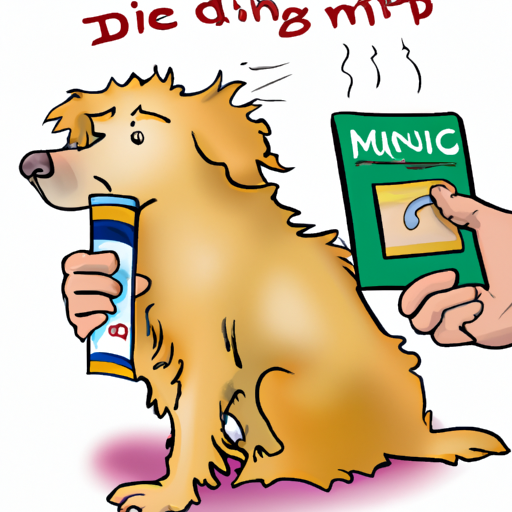As a caregiver, you naturally want the best for your furry companion. When your dog gets bitten by midges, it can be a distressing experience for both of you. This guide will provide you with a comprehensive understanding of how to effectively treat midge bites on dogs and prevent future occurrences.
Understanding Midge Bites
Midges, also known as no-see-ums, sand flies, or gnats, are small biting insects that can cause considerable discomfort to your dog.
The bites can lead to:
- Redness
- Swelling
- Itching
- Possible secondary infections from scratching
It’s critical to understand midge bites so you can effectively treat them and help your dog feel better quickly.
Immediate Relief for Midge Bites
When you notice that your dog has been bitten by midges, the first step is to alleviate the immediate discomfort.
- Clean the Area: Start with a gentle clean using a mild soap and warm water. This helps to remove any possible debris and reduce the risk of infection.
- Apply a Cold Compress: This will help to reduce swelling and provide some immediate relief from itching.
- Use a Topical Cream or Spray: Check with your vet for a suitable product that can help relieve itching and reduce inflammation.
Long Term Treatment
While providing immediate relief is essential, you should also have some long-term strategies to help heal the midge bites and prevent secondary infections.
- Prevent Scratching: Use an Elizabethan collar or similar device to prevent your dog from scratching and causing further harm.
- Administer Antihistamines: With your vet’s approval, antihistamines can be used to manage the allergic reaction and reduce itching.
- Use Antibiotics: If the bites have become infected, your vet may prescribe antibiotics to help clear the infection.
Preventing Midge Bites
Prevention is always better than cure. Here are some tips to help protect your dog from midges:
- Use insect repellent: There are specific dog-friendly insect repellents that can help to keep midges away.
- Limit outdoor activity during dawn and dusk when midges are most active.
- Keep your lawn trimmed and remove standing water to reduce breeding grounds for midges.
Home Remedies
While it’s always important to consult with your vet, there are some safe home remedies that can provide additional relief.
- Aloe Vera: Known for its soothing properties, applying aloe vera gel can help to reduce itching and inflammation.
- Oatmeal Bath: An oatmeal bath can be very soothing for itchy skin and can help to reduce inflammation.
| Remedy | How to Use |
|---|---|
| Aloe Vera | Apply a small amount of aloe vera gel to the affected area. Repeat several times a day as needed. |
| Oatmeal Bath | Blend oatmeal into a fine powder. Add to warm bath water and let your dog soak for 10-15 minutes. Rinse thoroughly. |
Frequently Asked Questions
1. Can midge bites cause serious harm to my dog?
While midge bites can be uncomfortable for your dog, they are usually not serious. However, if your dog has an allergic reaction or the bites become infected, it can lead to more serious issues.
2. How can I tell if my dog has been bitten by midges?
Midge bites often cause small, red bumps that are itchy. Your dog may scratch or bite at the area.
3. Do I need to take my dog to the vet for midge bites?
It’s always a good idea to consult with your vet if you’re unsure or if your dog seems to be in discomfort. If the bites become infected or your dog has an allergic reaction, you should definitely see a vet.
4. How can I keep midges out of my yard?
Keeping your lawn trimmed, removing standing water, and using outdoor insect repellents can help to reduce the number of midges in your yard.
By understanding midge bites and knowing how to treat them, you can help your dog feel better and prevent future bites. Remember, when in doubt, always consult with your vet for the best course of action.



